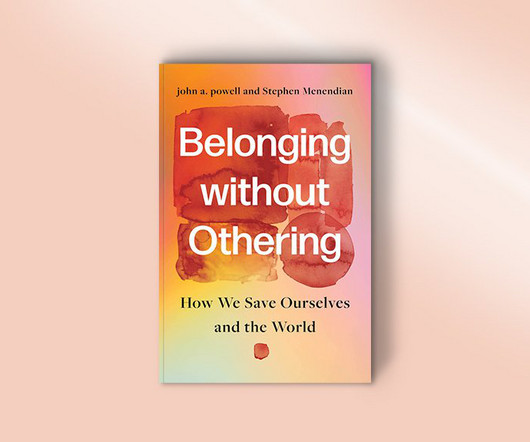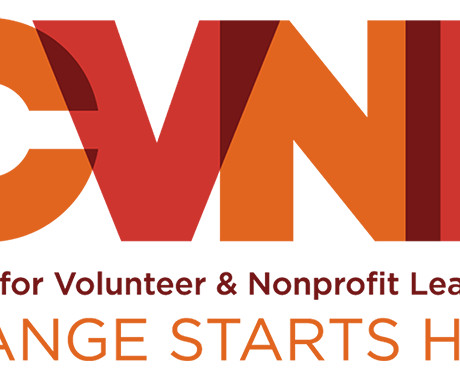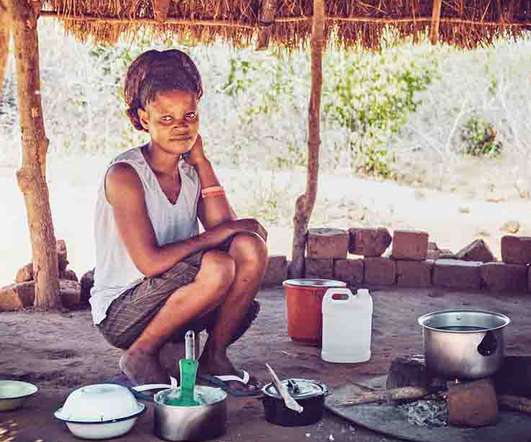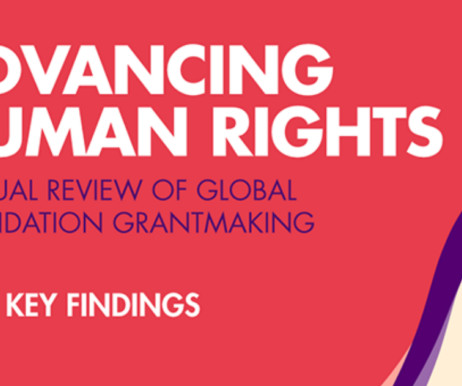Building evidence and innovating programs to reduce disparities in children’s well-being
Candid
JANUARY 29, 2024
Among the lessons we learned from the response to the COVID-19 pandemic is that when we take bold steps to stave off financial catastrophe for families who face it, we can substantially reduce child poverty. Wide disparities rooted in race and geography endure. The national child poverty rate fell from 9.7% The Annie E.





















Let's personalize your content